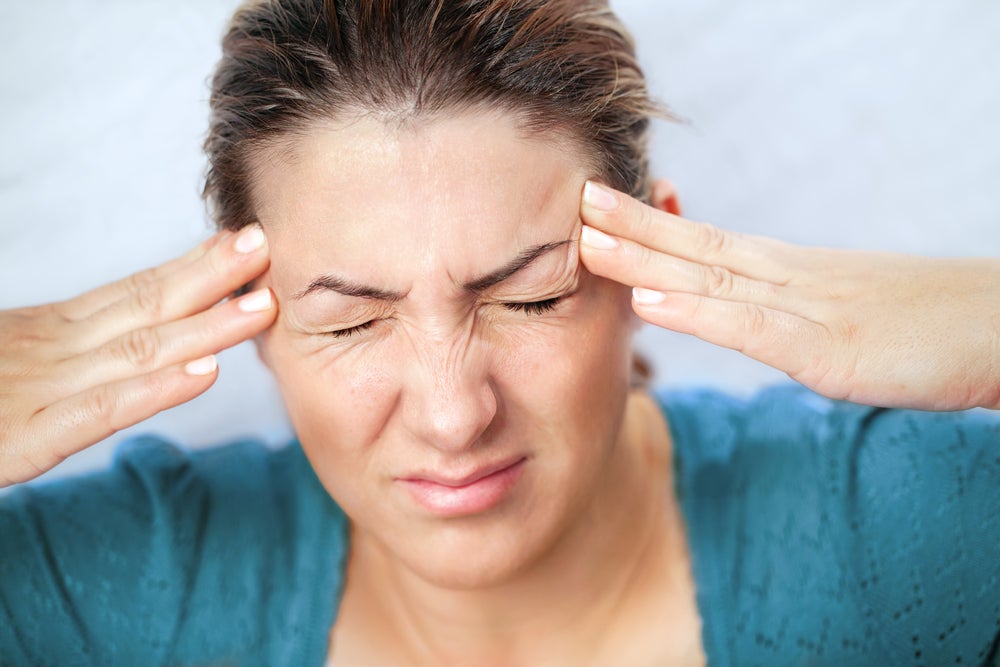Migraines and Menopause
As if hot flashes and altered sex drive weren’t bad enough, many women who are approaching menopause also suffer from an increase in migraine headaches. Most women with migraine headache can tell you that the hormonal fluctuations that occur during menstruation and pregnancy affect the frequency of migraines. The same remains true as a woman reaches menopause and has changes in her female hormones estrogen and progesterone. Women suffer from migraine headaches about three times as much as men do, so hormonal fluctuations clearly play a large role in how these headaches function.
Increased Frequency of Migraines and Menopause
During perimenopause (the time during which your body is beginning to turn off your fertility), estrogen levels reach an all time low. In a study just published on January 21 in Headache: The Journal of Head and Face Pain, researchers found that the risk of having more than ten migraines a month rose 60 percent during perimenopause. The number of migraines in general rose 76 percent during menopause. The increase in frequency of migraines began when the women’s cycles began to become irregular.
Migraines and Surgical Menopause
If you have a complete hysterectomy and experience surgical menopause, migraine headaches aren’t always a given. The women who experience increased frequency of migraines during menopause are usually women who have a history of migraine headache that is affected by hormonal fluctuations. If this sounds like you, it’s important to talk to your gynecological specialist about these migraines so that you can receive the appropriate treatment plan during and following your hysterectomy. If possible, a partial hysterectomy that leaves your ovaries in tact may be the best option for you.
Treatment for Migraines During Menopause
Since the origins of menopausal migraine are hormonal, the types of medications most people take for migraines (called triptans) may not be effective for menopausal migraine. However, there is help for women approaching menopause who notice an increase in the frequency of their migraines. Hormonal therapy like birth control pills or estrogen patches can help level out hormone levels and prevent the reoccurrence of menstrual migraines.
If it’s an option to avoid a full hysterectomy and have a less invasive surgery, this may be your best bet to avoid menopausal migraines by refraining from putting your body into surgical menopause. The symptoms of fibroids and endometriosis are debilitating and greatly impact quality of life, but trading one problem for another is not the ideal situation for anyone.
Content Sponsored by: MIRI Women – The Minimally Invasive Reproductive Surgery Institute (MIRI) brings together highly skilled, board-certified specialists who are focused on women’s health. Our team of professionals is trained in advanced gynecology, specifically hysterectomy surgery. Philosophically, our partner physicians take a “less is more” approach to health care, by first treating patients with the most conservative therapies. MIRI focuses on physical healing, while emphasizing that a patient’s emotional well-being is just as important.
Reference:
National Institutes of Health. (2016, January 22). Migraines may worsen as menopause approaches. Retrieved from https://www.nlm.nih.gov/medlineplus/news/fullstory_156855.html







